
With an opening that takes one to the core of the villages, travelling through the scatters of the nomadic communities who are still found in these plains, to the richly crafted traditional Hindu architecture, from the grand marvels of the Islamic era to the disciplined, British influenced colonial buildings, the book takes you on a journey through the heritage of Gujarat. It encompasses a broad spectrum of culture and history found here, in the midst of the 21st century. The book addresses political and philanthropic intervention as one of the strong basis in the making of society and architecture. It also provides a narrative, weaving other religious aspects and cultural trends found in Gujarat.
The authors explore with a keen eye the architectural heritage of the State. The book is a product of the author’s past experience in documentation, research and academic writing on Indian architecture. It is neither defining heritage nor enumerating it, rather it is describing and therefore encouraging appreciation of it. This is done with the purpose that the common man understands his/her own heritage. Thus the book is written to address a larger range of readers. A number of photographic and drawing illustrations have been used to enthuse the reader in this direction. It is noteworthy that the major bulk of illustrations is by Miki Desai and the author’s documentation office. Perhaps a book of this nature by a Governmental department is happening for the first time in the Indian context.
Book Facts:
Title – Architectural Heritage of Gujarat: Interpretation, Appreciation, Values
Name of author(s) – Miki Desai and Madhavi Desai
Name of publisher-Commissionerate of Information, Gandhinagar (2011)
Number of pages– 208
Binding type – Hardcover
Availability – Out of print
Image and Text provided by Miki Desai and Madhavi Desai


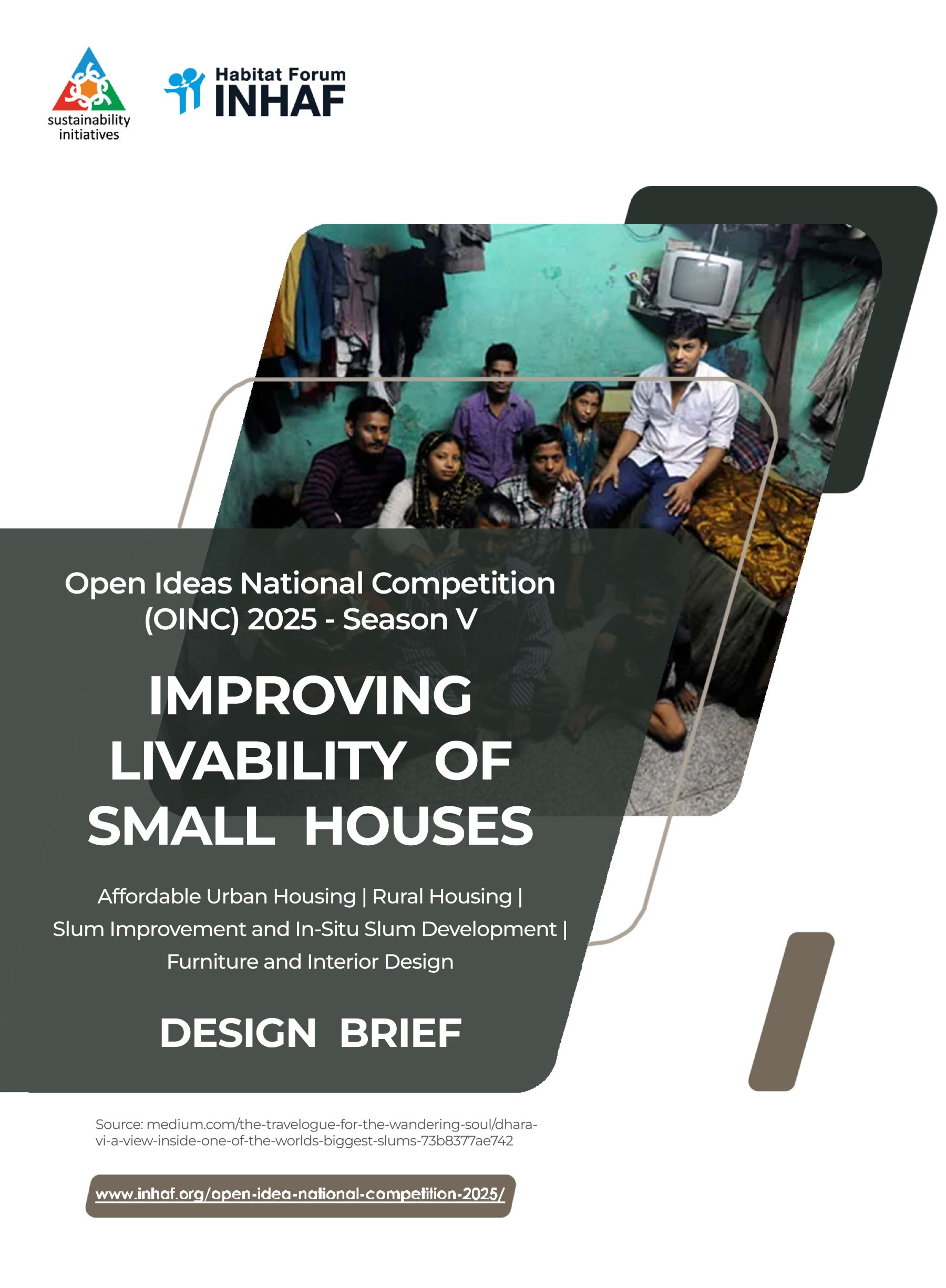
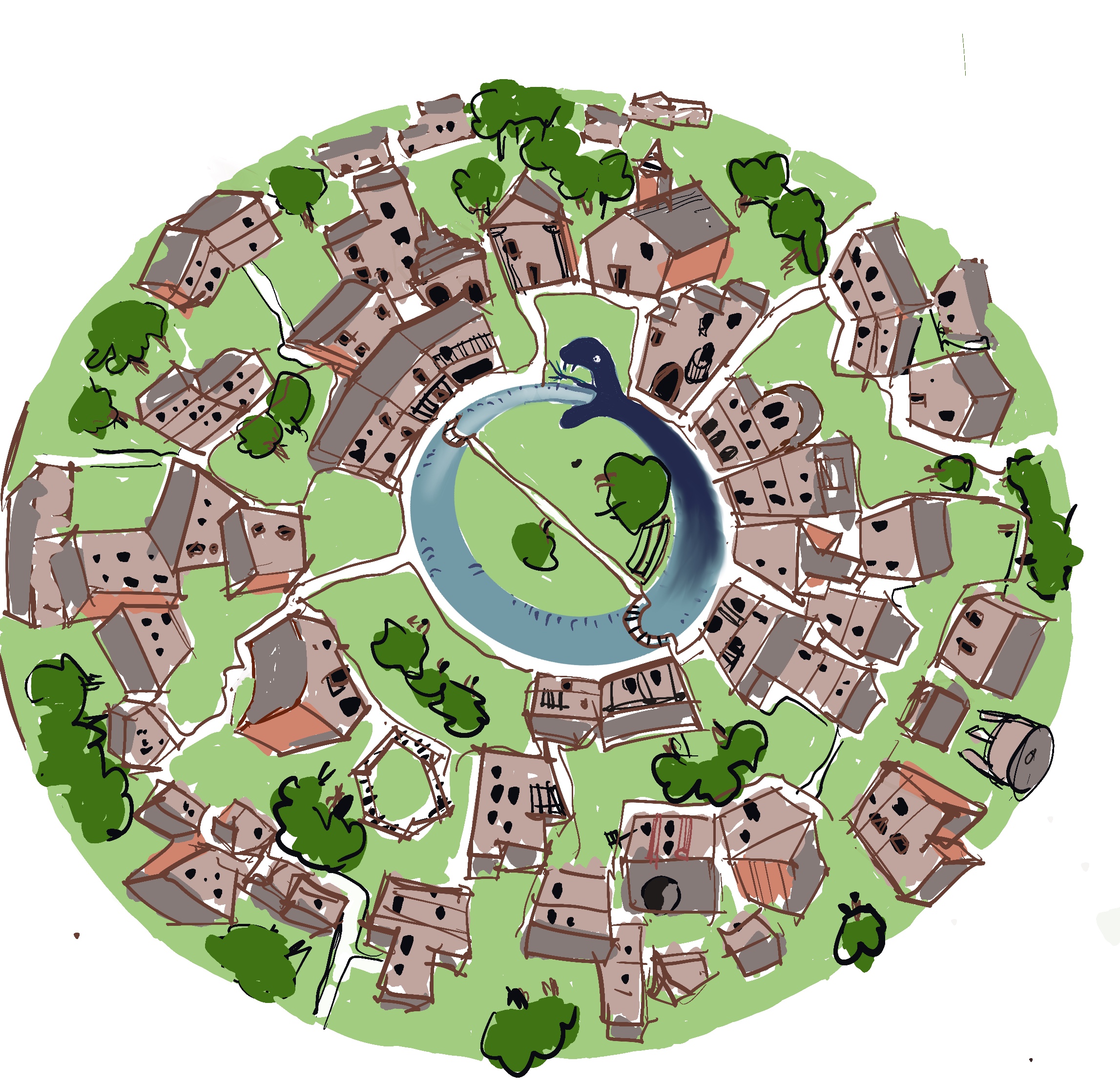

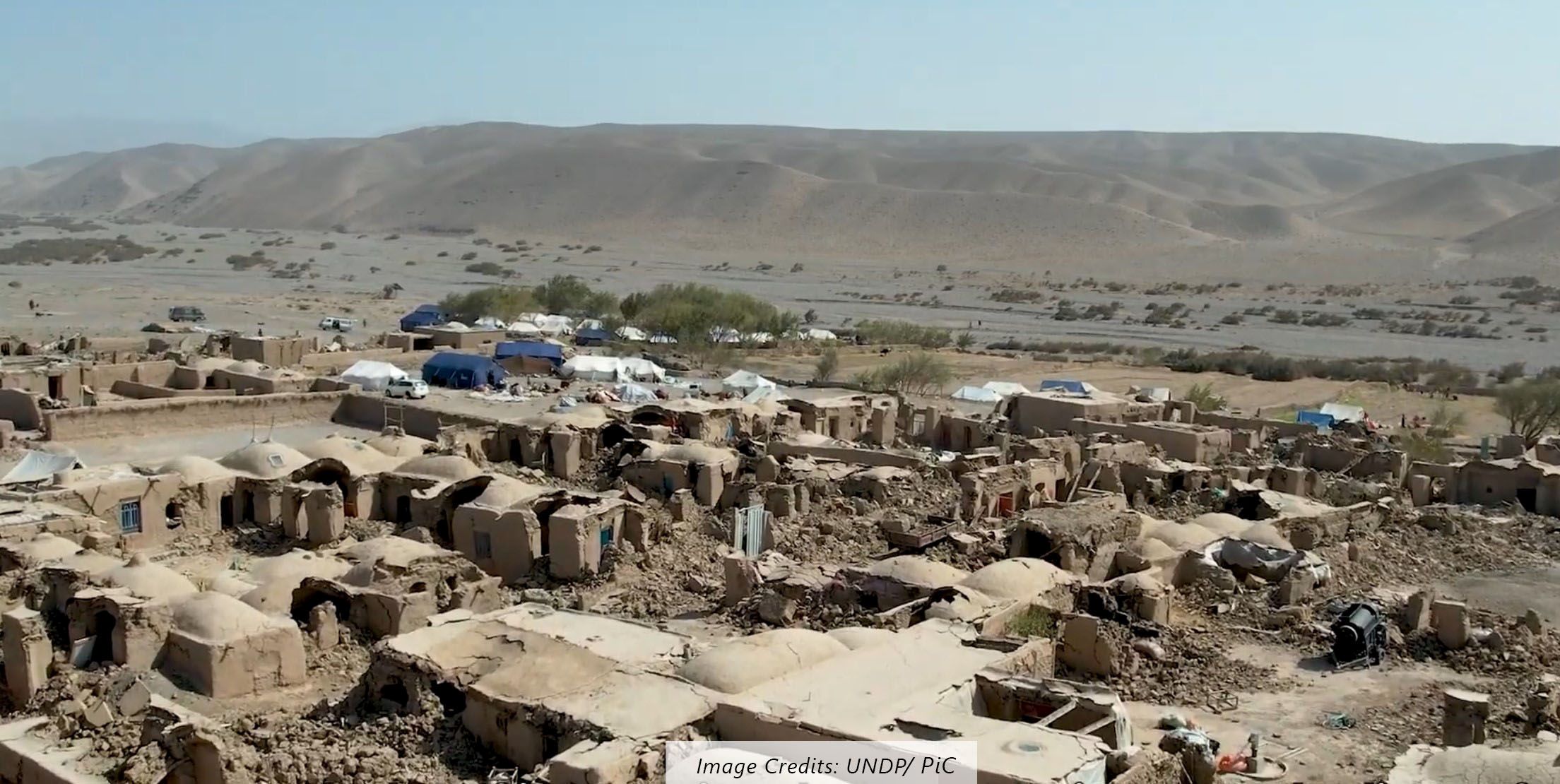
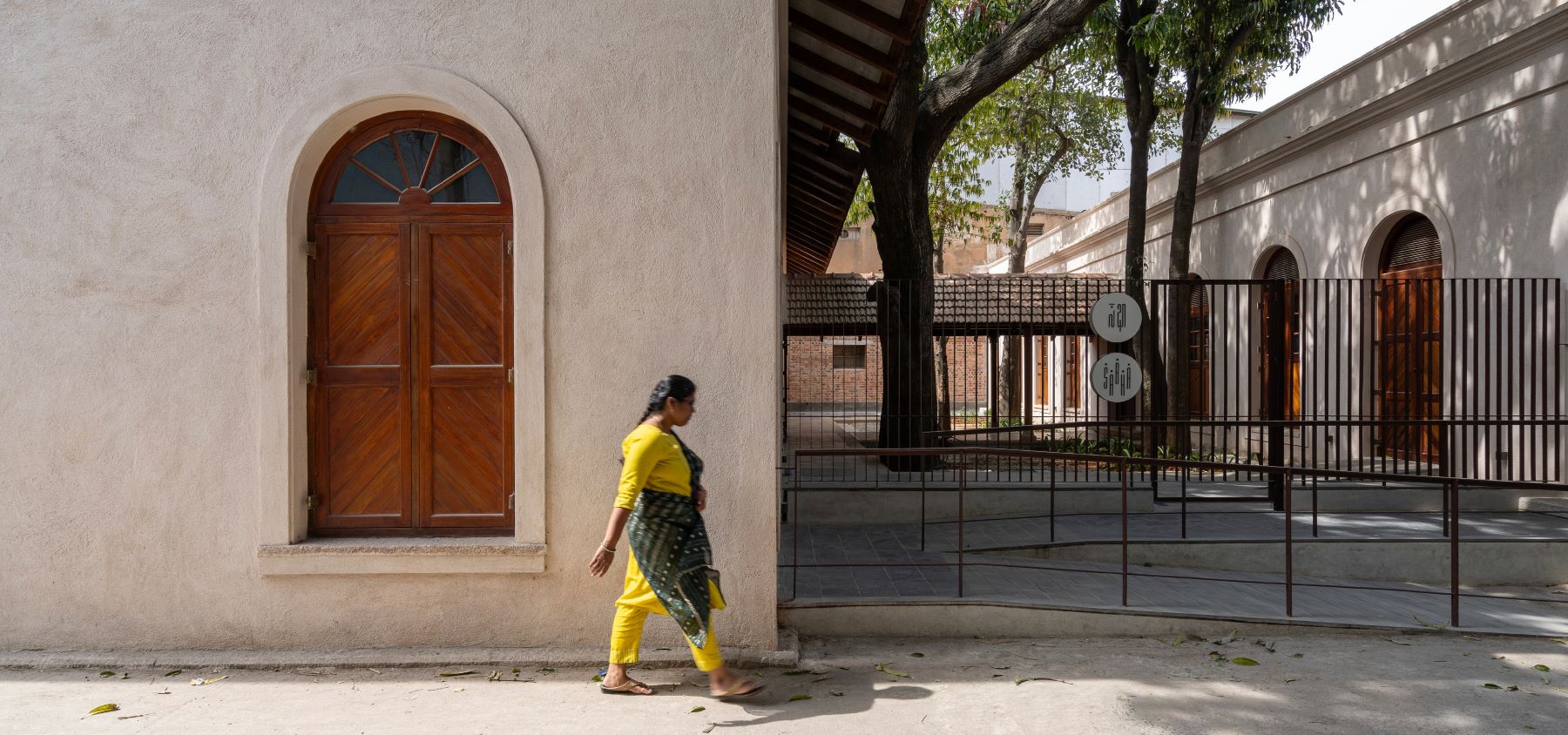
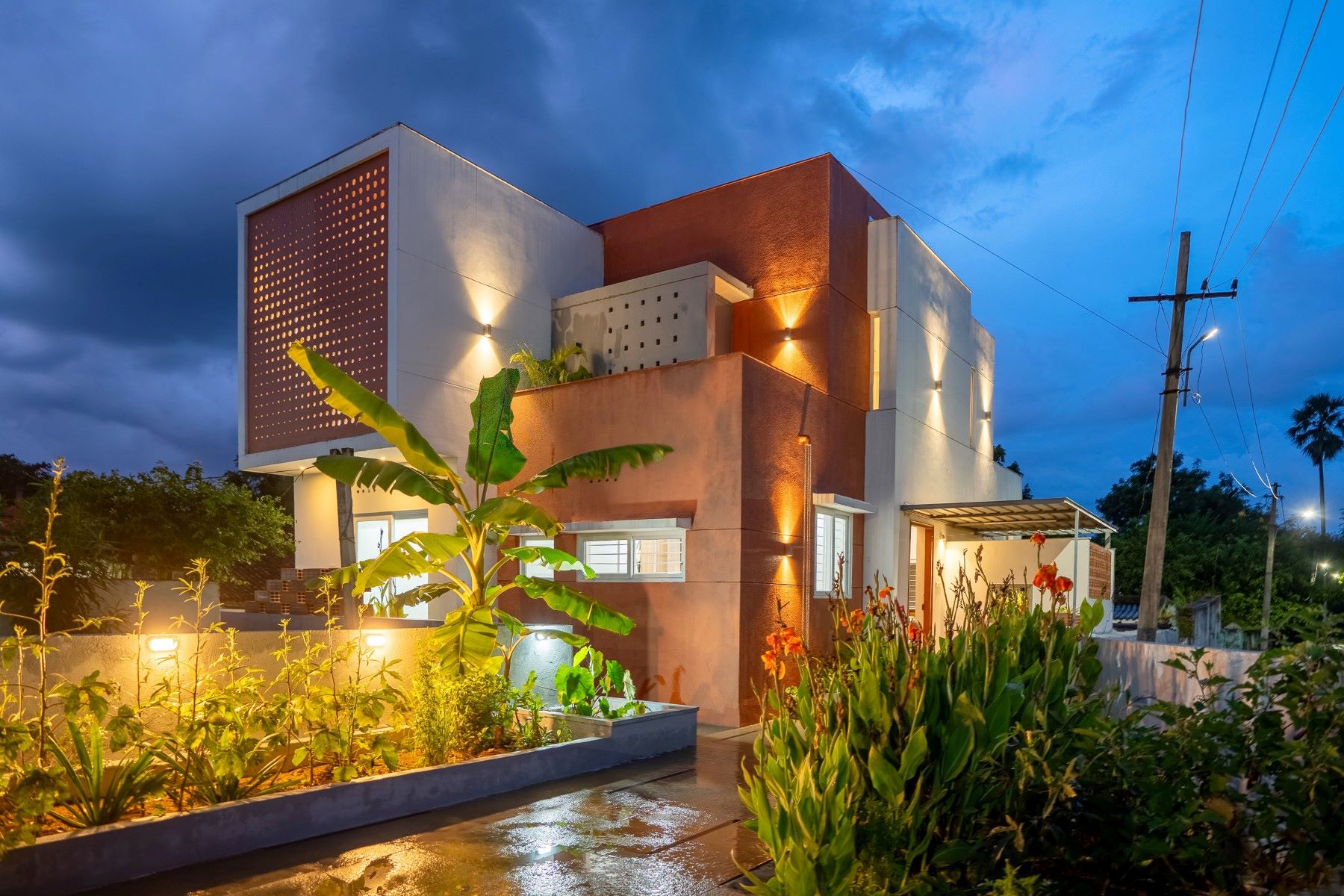
2 Responses
Affordable student edition of the book should be published.
It is out of print but will keep that in mind. Thanks.